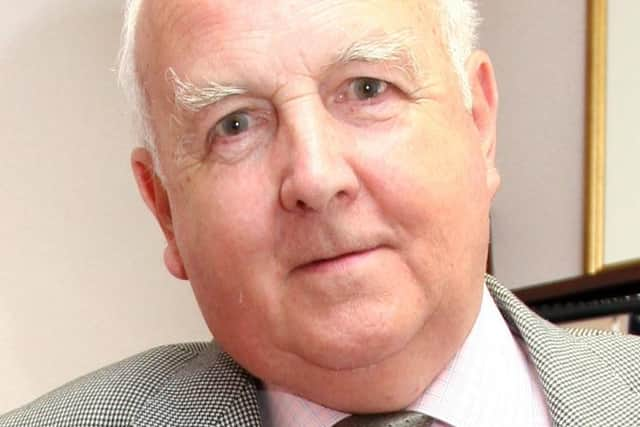Thought for the week: The need to fully explore growing good of the world
and live on Freeview channel 276
After his installation service, this young man was invited to lunch by a gracious couple who introduced themselves as retired Christian missionaries. What this young man failed to elicit was the surname of his host and hostess as they sat down to dine in their modest apartment. As the meal progressed the host explained, how, as they served in China, they saved enough money to send their only son Henry home to the United States for education at Princeton College where he excelled.
From then on the sayings, doings, achievements of Harry was the only topic of conversation. The student was now bored, especially when the husband recited how they sacrificed their life savings of 600 dollars, in the Depression years, to help Harry launch a magazine. The host detected the young man’s disapproval and said -”Perhaps you haven’t heard of our son - Harry Luce”. That changed things. The young man reported how he was an avid reader of ‘Time’ magazine, which Harry Luce founded and published among other iconic American magazines, and profited for its thought readership.
Advertisement
Hide AdAdvertisement
Hide AdThis story fits into the category of ‘how people invest in people for the common good and the enrichment of the world’. Without the sacrifice of his parents, Harry Luce would not have conquered the world of print journalism. “The world needs pastors” - a leading advisor to government declared the other day. Many of us would not be where we are in career, spiritual maturity and personal achievements had it not been for the sacrifice and guidance of parents, grandparents, patient mentors, and faithful pastors.


The acclaimed 19th century English novelist George Eliot wrote: “The growing good of the world is partly dependent on un-historic acts, and, the fact that things are not too ill with you and me as they might have been, is half owing to the numbers of folk who lived faithfully a hidden life and rest in unvisited graves.”